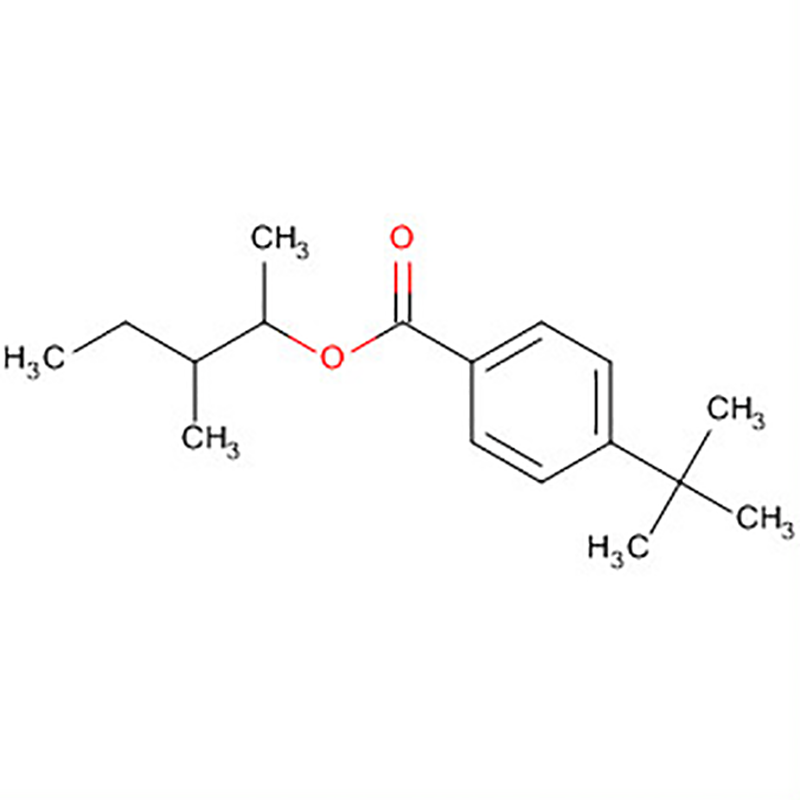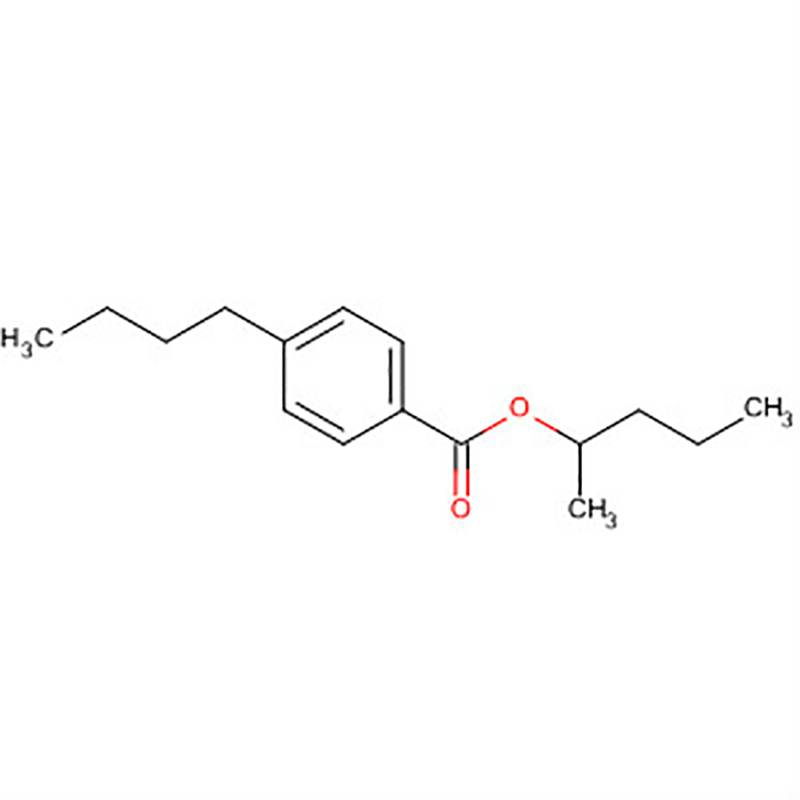-
Categories
-
Pharmaceutical Intermediates
-
Active Pharmaceutical Ingredients
-
Food Additives
- Industrial Coatings
- Agrochemicals
- Dyes and Pigments
- Surfactant
- Flavors and Fragrances
- Chemical Reagents
- Catalyst and Auxiliary
- Natural Products
- Inorganic Chemistry
-
Organic Chemistry
-
Biochemical Engineering
- Analytical Chemistry
-
Cosmetic Ingredient
- Water Treatment Chemical
-
Pharmaceutical Intermediates
Promotion
ECHEMI Mall
Wholesale
Weekly Price
Exhibition
News
-
Trade Service
Voyager Therapeutics shares fell more than 11 percent in pre-market trading on October 13, after the company announced that its experimental gene therapy for Huntington's disease had been called off before it went to trial.
12, Cambridge, Massachusetts-based Voyager announced that the FDA had applied for a clinical stay of the company's new gene therapy VY-HTT01 (IND) for huntington's disease.
submitted an IND application for clinical studies of the drug program to the FDA in September.
the FDA said the project was being shelved mainly because it was waiting for some chemical, manufacturing and control (CMC) issues to be resolved.
a recent announcement, Voyager said it expects to receive some feedback from the FDA on CMC issues over the next 30 days and plans to address them in order to initiate clinical studies.
in addition to Voyager, other biotech companies are actively developing treatments for the disease.
month, Vaccinex released data for a promising Phase 2 clinical study, but the study did not reach a common primary endpoint.
June, uniQure launched a clinical study of huntington's disease gene therapy AMT-130, which uses an irrational viral vector to deliver DNA to target cells.
13th of this month, UniQure announced that two more patients had received infusions from AAV gene therapy.
Voyager's progress in this area will be greatly delayed.
VY-HTTO1 is Voyager's most advanced gene therapy candidate.
, Voyager and Sanofi Genzyme have been working together on the early development of VY-HTT01.
in fact, since 2015, Voyager has worked with Sanofi on gene therapy programs for a variety of central nervous system diseases, including Parkinson's disease, Friedreich's syndrome, and Huntington's disease.
the former is responsible for research and development activities, through proof-of-concept to achieve the project.
time, Sanofi was entitled to commercial rights to these projects, and Voyager held commercial rights to several research and development assets in the United States and shared U.S. profits from Huntington's disease candidate VY-HTTO1 with Sanofi.
, Voyager also received an advance of $100 million and was committed to an estimated $745 million in development and sales milestone payments.
in October 2017, Sanofi waived its right to enter a 2/3 clinical study of Parkinson's disease in research.
In June 2019, Sanofi relinquished its options for Friedreich's Common Disorders and Huntington's disease program, modified its partnership, and eventually acquired two gene therapies that use adeno-related viral shell technology to develop non-central nervous system adaptations, and all rights to VY-HTT01 were ultimately owned by Voyager.
has found new partners for some of the projects in its product line before reorganizing its partnership with Sanofi.
January 2019, Neurocrine paid $165 million in advance for voyager's use of four gene therapy programs, including Parkinson's and Freemasons.
once the data from The Second Phase of Parkinson's Research, Voyager could choose to share profits and costs with Neurocrine, or give up global rights in exchange for milestones and royalties.
Voyager Therapeutics is working on a product pipeline (Source: Corporate Website) In addition to VY-HTTO1, the company also has a research gene therapy VY-AADC (NBIb-1817) related to neuroendocrine biosciences.
, Voyager and Neurocrine announced three years of validity and safety data for patients with Parkinson's disease to receive VY-AADC treatment.
study showed that patients treated with one-time doses of the research gene therapy VY-AADC continued to improve their motor function, including longer exercise "continuous" periods without disturbing movement disorders, as well as a reduction in the third part of the Parkinson's Disease Assessment Scale (UPDRS) for Parkinson's patients and a decrease in dosage.
source: 1. Voyager Official Website 2.Voyager Takes a Hit After FDA Places Hold on Gene Therapy for Huntington's Disease3.Voyager's Huntington therapy Faces FDA hold thanks to manufacturing issues4. Voyager Therapeutics Provides Regulatory Update on VY-HTT01 Program.







